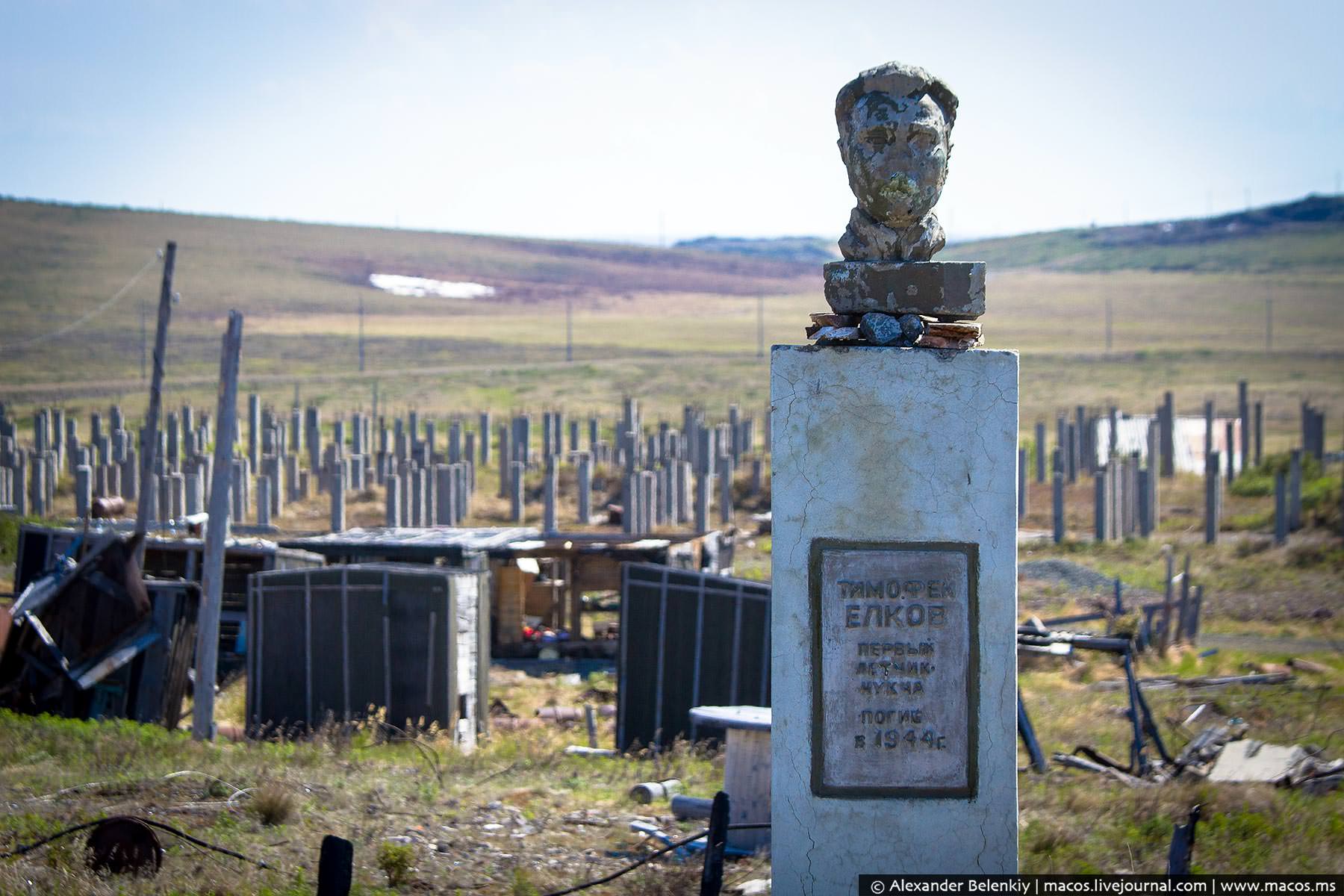A story Moscow media outlets put out yesterday claimed that an advisor to the governor of the US state of Alaska had said that “Alaska might be better developed now if it were under Russian control” has not only been proved false but has outraged residents of the Republic of Sakha.
As the Moscow Times reports, Craig Fleener, the official in question, did not say what the Moscow outlets suggested. He only said that if Russia had retained Alaska, it “wouldn’t have abandoned the region entirely” given its natural resources and strategic location.
That Russian propagandists distort or even make up quotations to push their agendas is not news: it happens too frequently to fall into that category. But such people and their bosses may discover that such practices not only give Russia a black eye in terms of reputation abroad but also infuriate Russian citizens when they are involved, as in this case they were.
Stepan Petrov, leader of the Yakutiya – Nashe mneniye movement, said that what the Moscow media claimed Fleener had said could only be taken to mean that conditions in the Russian North are now better than conditions in Alaska, something that is completely untrue as the residents of the Russian North know all too well.
In fact, he told the Regnum news agency, “the very worse conditions of life of residents of the northern countries” – the US, Canada, Iceland, Denmark, Norway, Sweden, Finland and Russia – “are to be found in the North of Russia,” as any visitor or websurfer could confirm without difficulty.
This is the result of the unjust distribution of incomes from the sale of natural resources, a problem that was the focus of the Arctic Forum this week. More than half of the taxes and almost all of the corporate income leaves the region and never returns.
The companies involved, Petrov says, “do not bear any social responsibility. In the majority of cases, they don’t hire people from the local population.” Instead, they come in from the outside, take as much out as they can, and then leave without repairing the damage that they inevitably inflict on the land and its people.
But it isn’t just the companies that are at fault, he says. The Russian government is to blame as well: Moscow does not respect the federalism enshrined in the Russian Constitution and generally ignores the opinions and needs of the indigenous policy while favoring “greedy oligarchs and corrupt officials.”
If Alaska were part of Russia now, Petrov continues, “Alaskans in Russia would live in aging wooden houses and be using outhouses at minus 50 [degrees Celsius, same as minus 58 Fahrenheit]. They couldn’t in our country make use of the benefits of developed private aviation and would lose the opportunity to receive free food products that US policy allows.
On this day 150 years ago the #Russia|n Empire sold #Alaska to the USA:
Alaska's #GDP per capita is $66,835; Russia's nominal is $14,611. pic.twitter.com/VkpEyBb9QZ
— Alex Kokcharov (@AlexKokcharov) March 30, 2017
“And of course,” he says. “residents of [a Russian] Alaska couldn’t dream about a permanent fund which is made up of profits from oil there. Some 25 percent of the profits of oil companies in Alaska is put there, and half of the income from it is shared directly among the residents of Alaska.” In a Russia Alaska, all that money would go to oligarchs and officials.
Alaska because of its location is not fated to be as wealthy as New York City or Silicon Valley, the Sakha activist says; “but it is obvious nonetheless that present-day life in Alaska [which is part of the United States] is much better than it would have been if Alaska had remained within Russia.”
Related:
- Kremlin has lost control of the future, but also the past
- Putin is 'a criminal but not Stalin' and other neglected Russian stories
- All Russia is now one big hot spot, regional affairs expert says
- 'Putin is the Bin Laden of today' and other neglected Russian stories
- Putin's 'secret weapon' against the West -- massive illegal cash hordes in foreign countries
- Three years later: Russia's suicide by Crimea
- "Even large Russian cities are beginning to die" and other neglected Russian stories
- Where Russia is already beginning to collapse -- the Permafrost Zone in the Far North
- By 2050, eight Russian regions will be submerged under water, Urals researchers say

